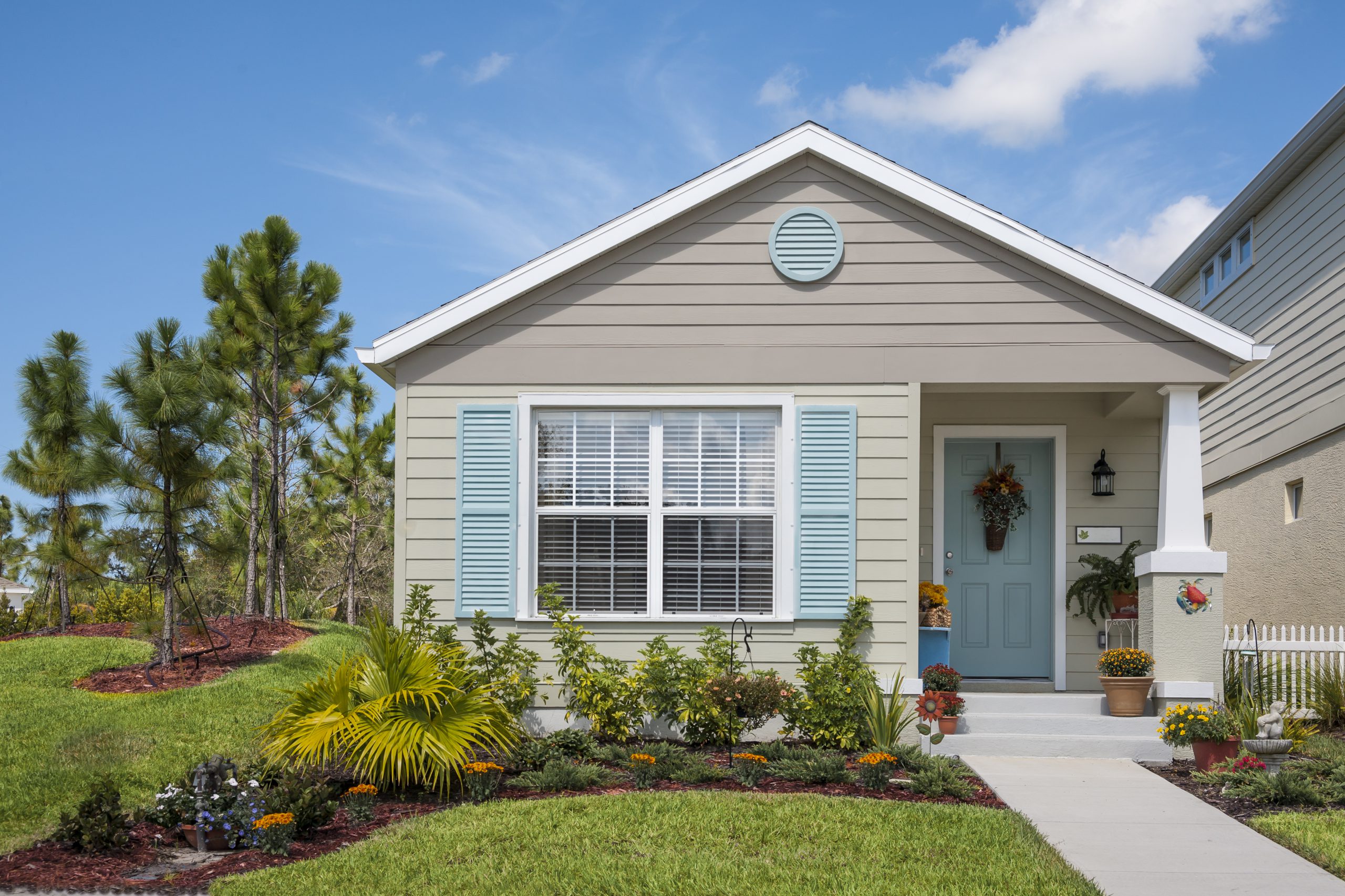
If you love real estate and want to earn profits from making deals and building a property portfolio, the allure of house flipping is undeniable.
Who hasn’t dreamt of transforming a diamond in the rough into a stunning home, reaping a tidy profit in the process?
Given the number of people in the market for a fixer-upper, I’d suggest that tens of thousands of Americans share this dream.
Flipping a home is more challenging than it sounds, though.
As an experienced real estate agent in your neighborhood, I want to highlight the work required to succeed.
Firstly, let’s look at the pros and cons of the venture.
Pros:
- Potential for Profit: A well-executed flip can yield a substantial return on investment, especially in a rising market.
- Creative Expression: It’s an opportunity to transform a space and leave your mark, showcasing your design skills and vision.
- Quick Turnaround: Flipping can be a faster way to generate income than traditional buy-and-hold real estate investing.
Cons:
- Financial Risk: Unexpected costs, caused by issues ranging from hidden structural damage to permit delays, can quickly erode your profit margins.
- Time Commitment: Renovations often take longer than anticipated, leading to increased holding costs like mortgage payments, taxes, and insurance.
- Market Volatility: Property values can fluctuate, potentially affecting your final selling price and profit. That shouldn’t be a significant risk with rising prices in today’s market. But every neighborhood, even every local street, can be different.
Flipping a property can be a rewarding experience if it is done correctly. Below, I’ve listed five tips for choosing a property perfect for flipping. I hope you find them helpful.
In the meantime, if I can help you with your property needs, please don’t hesitate to contact me.
- Location – Say it three times! That’s how important this factor is to making a profit. Choose a property in a desirable neighborhood with good schools, amenities, and a proven track record of property value appreciation.
- Good bones – This is another real estate cliche, but it means a lot. Look for a structurally sound house that primarily needs cosmetic updates rather than major renovations.
- Budget discipline – Get detailed estimates from reputable contractors and add a 15% contingency buffer for unexpected expenses. Do not get carried away with your expenditure. Every excess goes straight to your bottom line, reducing your profit.
- Financing – Carefully consider your financing options, weighing the pros and cons of cash, traditional mortgages, and hard money loans.
- Top team – If you’re going to flip regularly, it’s a great idea to assemble a team of reliable contractors, designers, and real estate professionals to streamline the process and ensure quality workmanship.
